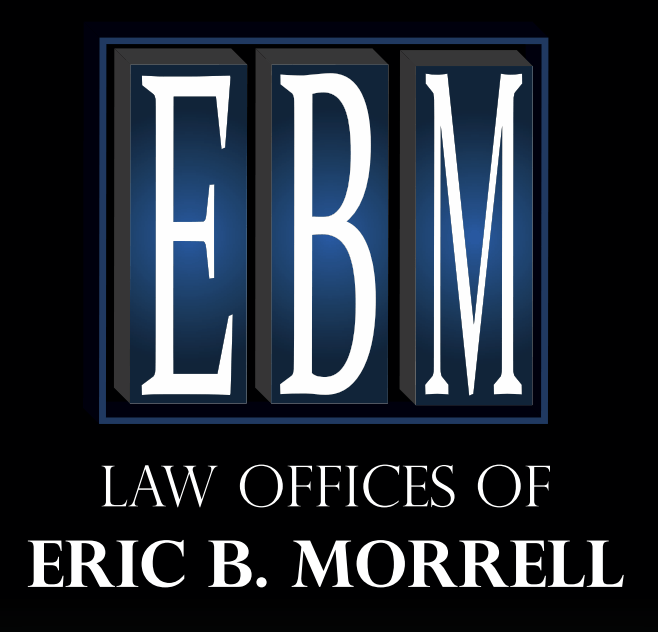Client Login
×Upcoming Decision about DRE Testimony Could Change Drug-Related DWI Convictions, but You’re Not Off the Hook Yet
With the possibility of the legalization of marijuana in NJ this coming November, it is time to take a closer look at what that might mean for the future DWI charges, specifically how an officer comes to the conclusion that a suspect is under the influence of drugs and whether his or her determination has merit.
The current standard for non-alcoholic DWI accusations follows a drug recognition expert (DRE) through a 12-step procedure, meant to determine whether a suspect is impaired, whether the impairment is due to drugs, and the category or combination of categories of drugs responsible for the impairment. The procedure is purported to be “systematic” and “standardized” based on conclusions reached from the totality of the examinations and analyses that are to be consistent across time and DRE officers.
Despite the supposed validity of the Drug Influence Evaluation (DIE) performed by the DRE, it is interesting to note that the second step, preceded only by a breath alcohol test, is to interview the arresting officer—allowing the possibility of clouded judgment during the examination. What follows is a series of observations, whether it is about the suspect’s appearance, behavior, or ability to follow verbal commands. The only step based on measurable data are those of pulse, blood pressure, body temperature, and pupil examinations, all of which fall under the “Vital Signs Examination,” and derivations from what is prescribed as normal can be explained by any number of underlying medical conditions. According to its opponents, this presents the conclusion that, if the DRE is to form an opinion as part of the eleventh step based on the “totality” of the evidence, the majority of the preceding 10 steps are based on observation rather than quantifiable results, which has a greater opportunity for bias, intended or not.
Supporters of the DRE procedure claim the nature of the scientific method in its approach: observation, data collection, and forming a conclusion based on these figures. Additionally, supporters point to its pervasiveness, as DRE testimony is currently used in all 50 states.
Michael Olenowski, convicted on two separate occasions of a DWI despite testing below the legal limit for alcohol, brought the appeal before the NJ Supreme Court, challenging the validity of the DRE procedure last year. As the first to dispute the scientific merits of the procedure, Olenowski is responsible for the current examination of the DRE method by a special master appointed by the NJ Supreme Court. Following arguments given both in favor of and against the DRE procedure, the special master is to decide whether DRE testimony will be allowed in courts.
This upcoming decision has the ability to change everything about DWIs. Should New Jersey be the first state to bar DRE testimony in court, convicting drivers under the influence of drugs would be much harder to achieve. And, on potentially the advent of legal marijuana in New Jersey this leaves many future questions up for debate. However, in the event marijuana is legalized, prosecutors would still be able to use the precedent set in State v. Bealor, allowing competent lay observations, supplemented with additional proofs, to be sufficient evidence to sustain a conviction for intoxication. Thus, should the special master decide against the validity of the DRE procedure in determining intoxication, the decision reached in State v. Bealor would likely become the argumentative point for prosecutors hoping to convict for marijuana and other drug-related DWIs.
The Law Offices of Eric B. Morrell already fight hard to get charges of non-alcoholic DWIs dismissed or lessened. If marijuana is legalized come November, we are prepared to battle for our clients that may face such marijuana-related charges. Our offices are familiar with the DRE procedure and we frequently retain DRE experts to refute such testimony. If you are facing any DWI charges, please contact our offices for a consultation.
Law Offices of Eric B. Morrell
New Brunswick Office
142 Livingston Avenue
New Brunswick, New Jersey 08901
Union County Office
1812 Front Street
Scotch Plains, New Jersey 07076
Phone:
732-249-9933
Free Case Evaluation
We will get back to you as soon as possible.
Please try again later.
Law Offices of Eric B. Morrell
Law Offices of Eric B. Morrell is located in New Brunswick, NJ and serves clients in and around Middlesex County, Union County, Somerset County, Monmouth County, Essex County, Hudson County, Ocean County, Mercer County, Burlington County, Camden County, Hunterdon County, Morris County and more.
Attorney Advertising. This website is designed for general information only. The information presented at this site should not be construed to be formal legal advice nor the formation of a lawyer/client relationship. [ Do Not Sell My Personal Information ]
Martindale-Hubbell and martindale.com are registered trademarks; AV, BV, AV Preeminent and BV Distinguished are registered certification marks; Lawyers.com and the Martindale-Hubbell Peer Review Rated Icon are service marks; and Martindale-Hubbell Peer Review Ratings are trademarks of MH Sub I, LLC, used under license. Other products and services may be trademarks or registered trademarks of their respective companies. Copyright © 2021 MH Sub I, LLC. All rights reserved.








